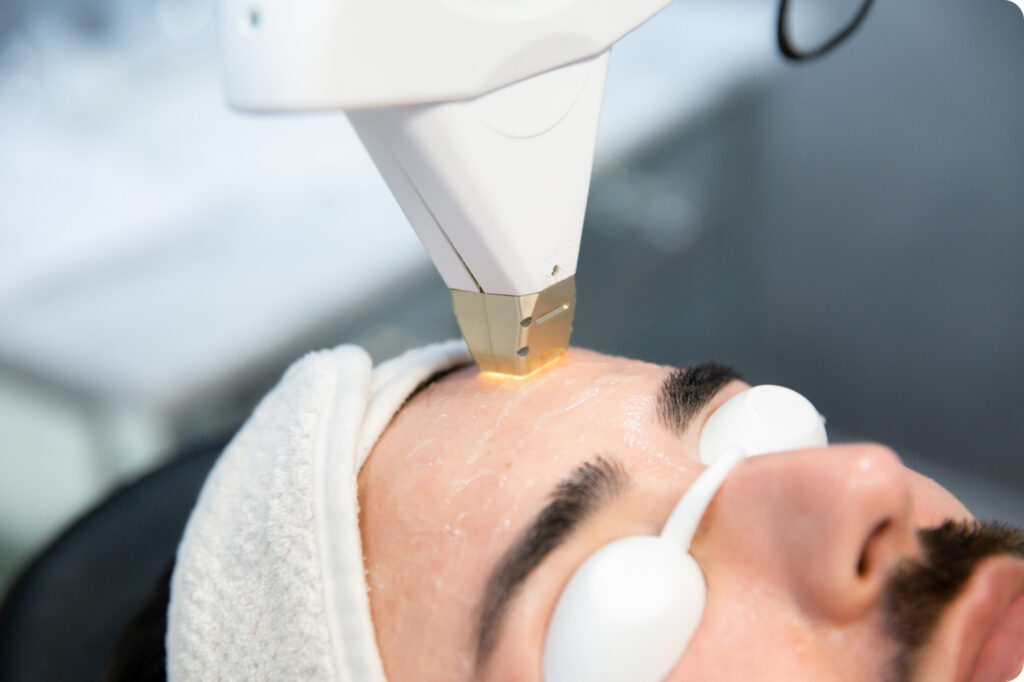
Have you recently transitioned to a full diet after your weight loss surgery and are having some problems with nausea? Have you been losing weight for several months but now you seem to be slowing down or reaching a plateau? Are you unsure if you are getting enough protein each day?
Well, the solution may be as easy as grabbing a piece of paper and a pen. Keeping a journal of what you eat and how you feel while eating can help accelerate weight loss or identify issues after weight loss surgery. Studies have shown that bariatric patients who keep a food diary see better weight loss results than those who don’t keep track of what they are putting in their mouths.
What is a Food Diary?
A weight loss diary can be kept in a notebook, scrapbook, on your computer, on a handheld device, or by using an online program. Regardless of the method, a basic diary should include:
- Times of meals and snacks
- Portion sizes and description of food eaten
- Hunger levels, before and after meal
- Feelings associated with or surrounding meals or snacks
It has been shown that by simply writing down everything that is consumed you can reduce your caloric intake by 200 to 500 calories per day. That can result in an additional pound of weight loss every week. Studies suggest that the food diary helps to decrease mindless eating and promote a healthier and well-rounded diet.
Benefits of a Food Diary
Most people who pay close attention to what they eat will limit portion sizes of foods that tend to be overeaten or omit empty calories from sugar filled drinks, snack foods and sweets.
Writing down food also can be eye opening to the individual. Journals help identify patterns, problem areas, and opportunities for improvement. It is recommended that you keep a diary for 3 to 7 days and then review to establish goals. Patterns to look for are long periods of time without eating, skipping breakfast, lack of vegetables, snacking when bored, eating until uncomfortably full and emotional eating.
Using a Food Diary to Establish Weight Loss Goals
Once patterns are identified it is important to establish goals that are measurable and obtainable to help you overcome poor eating habits. Making drastic goals are often difficult to obtain and lead to further disappointment. Good goals are realistic and focus on small improvements that an individual can make as a lifestyle change. For example, if you have a sweet tooth and continue to eat a bowl of ice cream every night despite your weight loss surgery, make your goal to reduce to 1 cup of ice cream per night or reduce ice cream to just on the weekends. Once that goal has been obtained and maintained for 3 to 4 weeks, then work on substituting fruit or fat free pudding in place of ice cream.
After bariatric surgery, changing old eating habits is easier, but it still requires some work. A food diary is another tool that will help you remain accountable for what you eat after your surgery. Keeping a food diary can accelerate weight loss and be used to identify problem areas if your weight loss is slower than expected.

